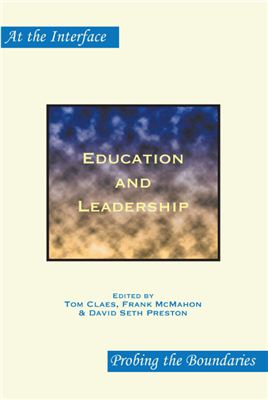Publisher: Rodopi, 2008. - 368 Pages.
This truly inteational book brings together authors from different regions of the world including North America, South Africa, Europe, Iran and Russia all of whom are conceed with aspects of the challenges involved in the expansion of higher education, both in student numbers and areas of study. Some are conceed about the loss of guiding principles which steered university education for centuries. The traditional purposes of higher education have come under such pressure that we have achieved "conflicting models of the university" and "ambiguity" in regard to teaching and research. For others, the problems are at a different stage. Contributions from South Africa look at three challenges: Can we provide enough places in higher education? How do we deal with institutional mergers? How do we make staff development effective in a situation in which English is the first language of less than five percent of the staff? Young scholars in Russian regions face formidable hurdles in achieving academic careers while the best law graduates in Canada are faced with the ethical dilemma of personal career advancement or social justice.
This truly inteational book brings together authors from different regions of the world including North America, South Africa, Europe, Iran and Russia all of whom are conceed with aspects of the challenges involved in the expansion of higher education, both in student numbers and areas of study. Some are conceed about the loss of guiding principles which steered university education for centuries. The traditional purposes of higher education have come under such pressure that we have achieved "conflicting models of the university" and "ambiguity" in regard to teaching and research. For others, the problems are at a different stage. Contributions from South Africa look at three challenges: Can we provide enough places in higher education? How do we deal with institutional mergers? How do we make staff development effective in a situation in which English is the first language of less than five percent of the staff? Young scholars in Russian regions face formidable hurdles in achieving academic careers while the best law graduates in Canada are faced with the ethical dilemma of personal career advancement or social justice.

